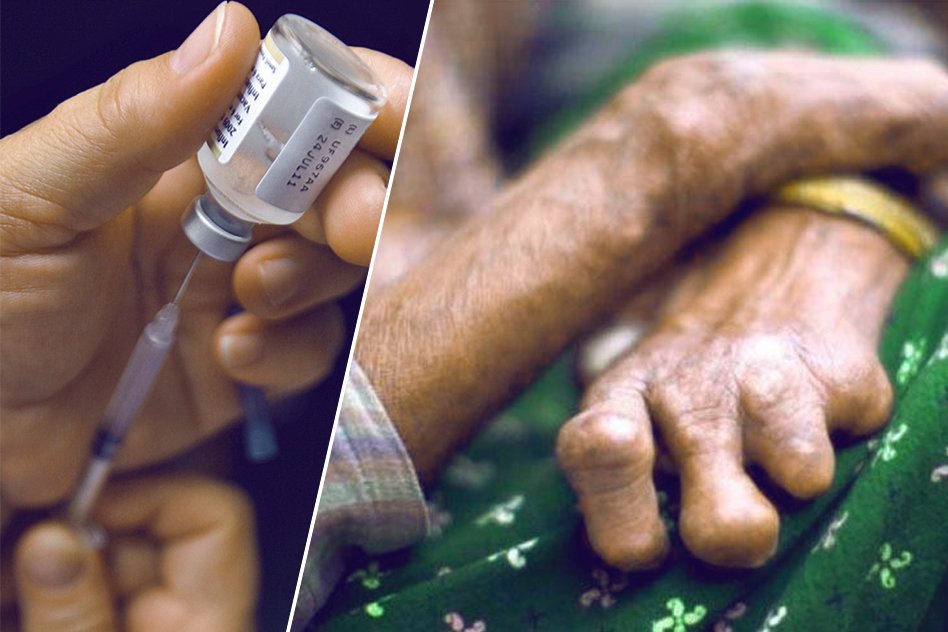
India Has Invented The First Vaccine For Leprosy, Bihar And Gujarat Get The First Dose
23 Aug 2016 5:31 AM GMT
Affecting over 1.25 lakh of her citizens annually, India has the largest burden of leprosy worldwide. Despite being home to the largest leprosy control programme – the National Leprosy Elimination Programme – numbers have remained high, including a recent outbreak in Nizamabad, Telengana. However, things are looking up again, after the recent launch of an exclusive, indigenous vaccine against leprosy, developed by the National Institute of Immunology, New Delhi.
Following approval by Drug Controller General of India, and Food & Drug Administration, USA, the pilot launch of the vaccine, mycobacterium indicus pranii, will be based in five districts of Bihar and Gujarat with high leprosy prevalence.
No vaccine against leprosy existed hitherto, and India will be the first nation with a large-scale vaccination drive against the debilitating illness. Dr Soumya Swaminathan, the director general of Indian Council of Medical Research, estimates a 60% reduction in the number of cases within 3 years, if given to people who have come in close contact with affected individuals. If the pilot project proves successful, the programme will be expanded to cover other high-prevalence districts.
Meanwhile, the government has launched screening programmes in 50 districts across the country, covering 7.5 crore people and diagnosing 5000 new cases.
If successful, the programme will contribute towards the World Health Organization’s vision of eradicating leprosy by 2020.
Although curable and less contagious than most bacterial infections, leprosy affects the skin and peripheral nerves, often leading to unsightly physical deformities that can have a major impact on one’s social and psychological health. Untreated, the disease can cause permanent damage to nerves, eyes and the skin. Of late, resistant strains of the causative organism, Mycobacteria leprae have added to the public health burden of the disease. Prevention of the disease by immunisation cover now provides newfound hope against the ill-effects of the condition.
 All section
All section













